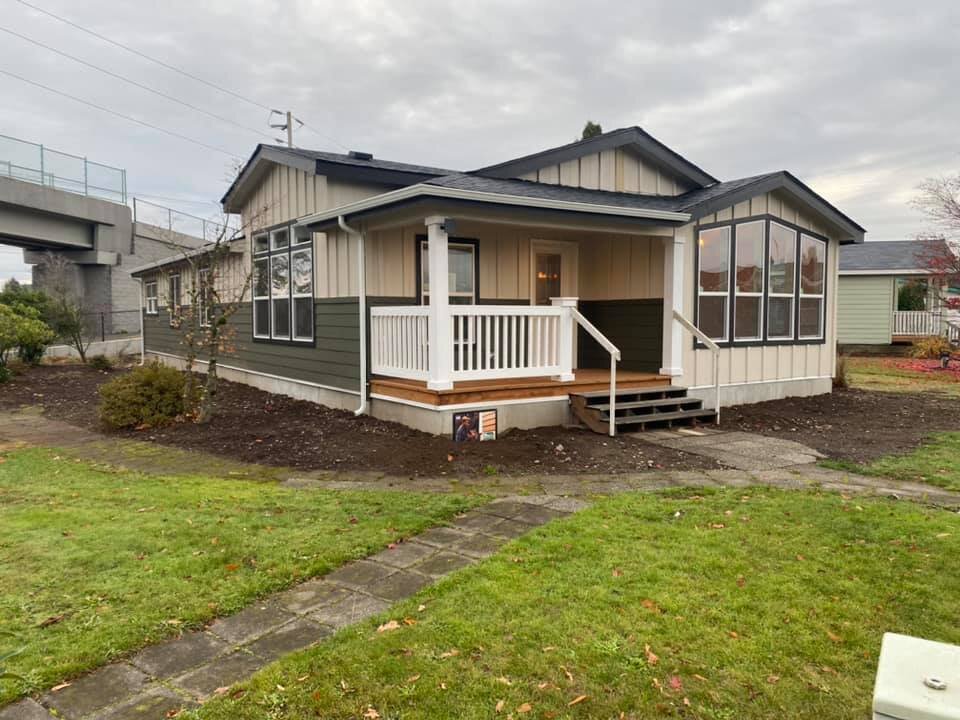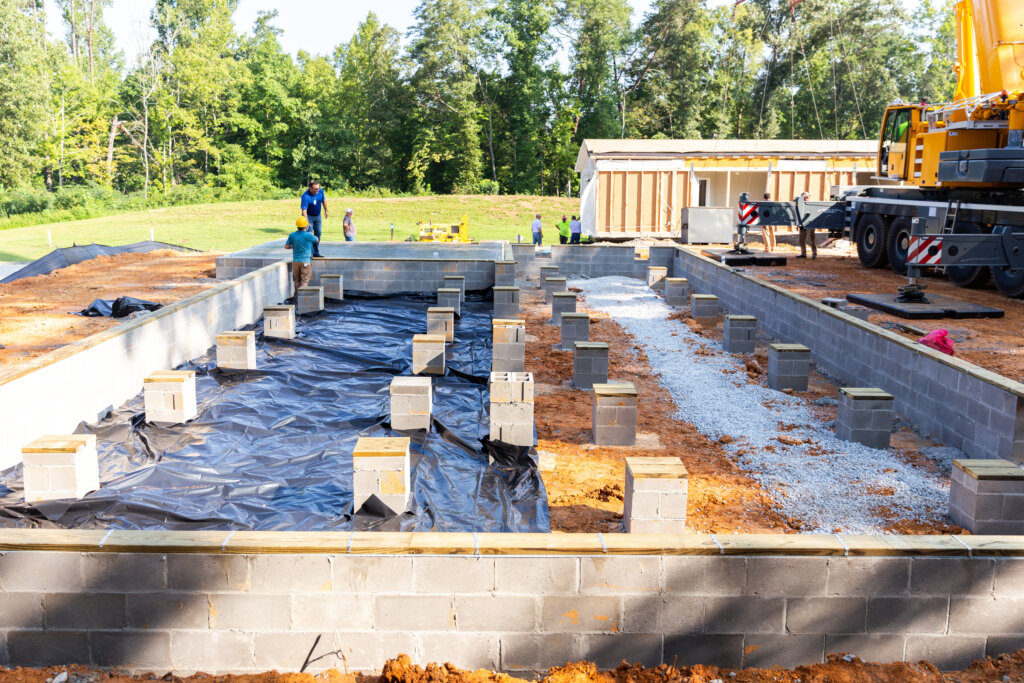If you’re planning to place a mobile home in Tennessee, you may be wondering whether it’s a requirement for the home to have a designated pad or foundation. Mobile home regulations can vary from state to state, so it’s essential to understand the specific requirements in Tennessee. In this guide, we’ll clarify whether a mobile home must have a pad or foundation in the Volunteer State and explore the regulations and considerations associated with this requirement.

Understanding Mobile Home Foundations
Mobile Home Pads
A mobile home pad, often referred to as a “mobile home pad site” or simply a “pad,” is a prepared area where a mobile home is installed. It typically consists of a level surface made from materials like gravel, concrete, or asphalt, designed to provide stability and support for the home.
Permanent Foundations
In contrast, permanent foundations are more substantial and typically involve attaching the mobile home to a foundation that is anchored to the ground. Permanent foundations are often required for modular or manufactured homes to meet building code standards.
Regulations Regarding Mobile Home Pads in Tennessee
In Tennessee, the regulations regarding mobile home pads primarily pertain to ensuring the safety, stability, and proper installation of the mobile home. Here are some key points to consider:
Zoning and Land Use Regulations
Tennessee’s zoning and land use regulations may dictate whether a mobile home requires a designated pad or foundation. Zoning laws can vary by location, so it’s essential to check with your local zoning department to determine the specific requirements in your area.
Stability and Anchoring
Mobile homes in Tennessee must be stable and securely anchored to prevent shifting, tilting, or damage during adverse weather conditions. While a designated pad can provide stability, it’s crucial to ensure that the Manufactured home is properly anchored to meet safety standards.
Drainage and Utilities
Mobile home pads should have proper drainage to prevent water accumulation beneath the home, which can lead to structural issues. Additionally, utility connections (electricity, water, sewage, etc.) should be accessible and meet all safety and code requirements.

Considerations When Choosing a Mobile Home Foundation
While Tennessee may not always require a designated pad, there are important considerations to keep in mind:
Local Requirements
Local regulations may vary, so it’s essential to check with your local zoning department or building authorities to understand any specific requirements for mobile home foundations in your area.
Climate and Soil Conditions
Consider the climate and soil conditions in your location. Some areas with unstable soil or a high water table may benefit from a more substantial foundation to prevent issues such as sinking or flooding.
Home Type
The type of Manufactured home you have can influence the foundation requirements. Modular or manufactured homes, for example, often require permanent foundations to meet building code standards.
In Tennessee, whether a Manufactured home must have a designated pad or foundation can depend on various factors, including local zoning regulations, stability requirements, and soil conditions. While designated pads may provide stability and meet local requirements, it’s essential to consider all relevant factors and adhere to safety and code standards when installing a Manufactured home. Consulting with local authorities and experts can help ensure that your mobile home’s foundation complies with all necessary regulations and provides a safe and secure living environment.
Helpful Links:
Tennessee Department of Commerce & Insurance – Manufactured Housing
Tennessee Code Annotated (TCA) – Mobile Homes
Tennessee State Government – Manufactured Housing & Modular Building Section
